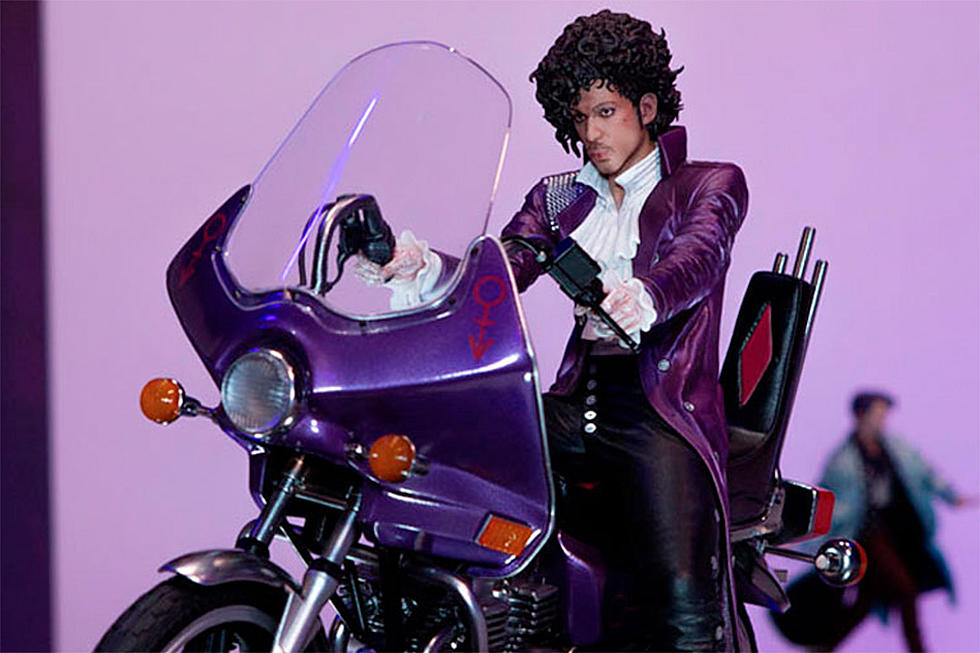
Prince’s Press Adversary CJ Leaves Her ‘Star Tribune’ Post
Cheryl Johnson, the gossip columnist who’s believed to have inspired Prince’s 1995 track “Billy Jack Bitch,” announced she was leaving her longtime post at the Twin Cities newspaper the Star Tribune after 30 years.
"Departuring not retiring," is how Johnson explained the transition on Twitter. "I'm still going to be around, I'm going to do videos, I'm going to interview people, I'm probably going to be on Fox 9, I just don't work there anymore," she explained further on the Two Haute Mamas podcast. "I don't talk about my plans, I execute them... . I don't like long goodbyes. I think the way that some of these media people leave is kind of obnoxious, you know, it goes on for too long. Just.. go. So I just left."
The journalist – known professionally as CJ – had been hired in 1989 with the express aim of changing the perception of the publication as a stuffy read, and found herself making enemies among some of the people she wrote about over the years.
Thought to be reacting to a piece CJ had written about him, in which she called him “Symbolina,” Prince penned “Billy Jack Bitch” in 1993, including the lines: “What if I called you silly names / Just like the ones that you call me / What if I filled your eyes with tears / So many that you cannot see.” However, there was more to their relationship than spite – in 1997 she said he’d told her of a dream in which they worked together.
“I was on vacation at the time and I was not the first person to write about it,” CJ said of the song in 2013. “One of the local news stations had reported (while I was gone) that Prince had written a song about me. … I called to talk to my editor and I was telling him I wasn't sure if I was going to have anything to write about. He said, ‘Oh, I think that you'll find something to write about,’ and he told me about the story... I got back to town, got a copy of the song and I got the lyrics. I wrote a column about it. … I had a lot of fun with that.”
Hear Prince Perform "Billy Jack Bitch"
She added that, since she’d begun appearing on TV, people appeared to understand her irreverent approach more, and as a result they were less negative about her column. “A mouthy black woman is still something kind of hard for America to deal with,” she said. “A lot of people think that when black folks have a (public) profile, they should just be grateful. They shouldn't start acting like white folks and be smart asses.”
CJ’s editor, Maureen McCarthy, told the Star Tribune: “She brought a distinctive element, a crossover of news and celebrity reporting. I think she was uniquely suited to it, because you have to identify stories and write about people in a way they don’t necessarily want to be written about. She gave a lot of flak and she took a lot of flak. You have to be thick-skinned to do that for decades, as she did.”
You can follow CJ on Twitter and check out her ArtworkByCJ site.
More From KSSM-FM










